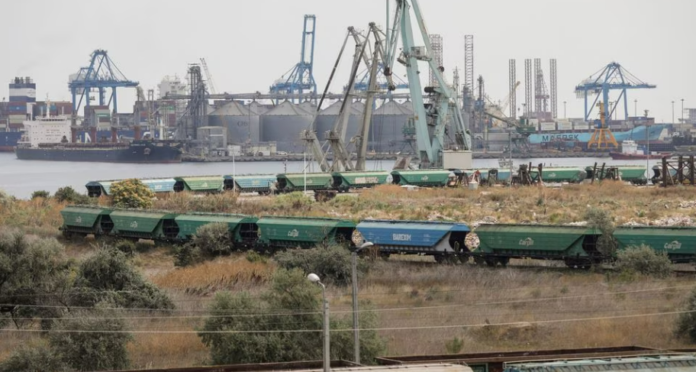Romania will work with Ukraine over the next 30 days on a grain export control plan that will help protect Romanian farmers, Agriculture Minister Florin Barbu said on Wednesday, according to Reuters.
Romania is among five eastern European Union countries along with Bulgaria, Hungary, Poland and Slovakia, that saw a surge of Ukrainian grain imports after Russia invaded Ukraine. This distorted local markets and prompted farmer protests, leading the EU to approve curbs on Ukrainian grain imports – while still allowing grain transiting elsewhere – until September 15.
Poland, Slovakia and Hungary announced their own unilateral bans on Friday, prompting Ukraine to file a complaint against the three states at the World Trade Organization.
Ukraine has proposed to the European Commission, the EU executive, and neighbouring countries an export control plan for four groups of crops – wheat, maize, sunflower and rapeseed – to protect local markets.
On Tuesday, it approved the introduction of export licences for a number of agricultural products for export to the five eastern EU states.
“Export licenses for Ukrainian companies will become operational in 30 days,” said Barbu. „During this time, Romania will also create a clear import-licensing procedure for Romanian farmers and processors.”
Barbu added: “I am confident that this mechanism proposed by the European Commission, taken on board by Ukraine and negotiated by us in farmers’ interest, will fully function.”
Ukraine is one of the world’s biggest grain exporters and since Russia’s invasion last year, the Romanian Black Sea port of Constanta has become Kyiv’s largest alternative export route, with grains arriving by road, rail or barge across the Danube.
Barbu also said Romania would only issue import licences to Romanian farmers and food processors who need to replenish stocks, not intermediaries, and that food safety inspections would be conducted on all imports.


